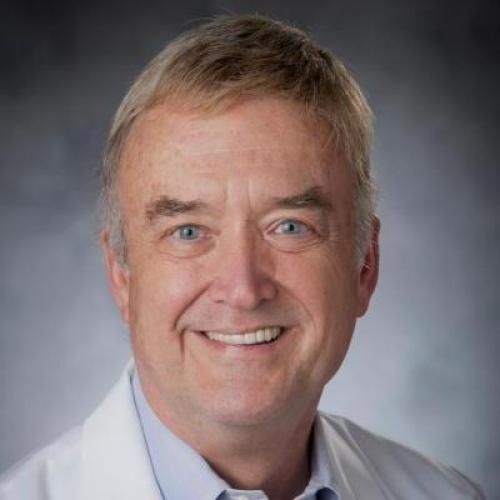Results of a Multicenter Pilot Investigation of Bone Marrow Transplantation in Adults with Sickle Cell Disease (STRIDE)
Krishnamurti, L; Sullivan, KM; Kamani, NR; Waller, EK; Abraham, A; Campigotto, F; Zhang, W; Smith, S; Hassell, KL; Decastro, L; Wu, CJ ...
Published in: Blood
Background: Hematopoietic cell transplantation (HCT) for sickle cell disease (SCD) is potentially curative, yet applied sparingly in adults due in part to limited donor availability and to concerns about safety. We conducted a multicenter pilot clinical trial to determine ways to broaden the availability of this therapy.Objective: To determine the feasibility, efficacy, and safety of a reduced toxicity transplant conditioning regimen in adults with severe SCD receiving related and unrelated donor HCT.Methods: Patients between 16-40 years of age were enrolled between October 2012 and June 2015 at 8 participating transplant centers. Eligibility criteria included stroke; recurrent episodes of acute chest syndrome (ACS) or sickle pain in the past 2 years; 8 or more RBC transfusions/year; or a tricuspid valve regurgitant jet velocity ³2.7 m/sec. Patients received unmodified bone marrow from a human leukocyte antigen (HLA)-matched sibling or an unrelated donor matched for 8 of 8 HLA loci. Patients were prepared for HCT with Busulfan from day -8 to -5 (13.2 mg/kg), Fludarabine from day -7 to -3 (150 mg/m2) and Thymoglobulin from day -5 to -2 (6 mg/kg). GVHD prophylaxis consisted of cyclosporine or tacrolimus with methotrexate.Outcomes and Measures: The primary endpoint was event-free survival 1 year after HCT, with events defined as graft failure, disease recurrence, or death. The Kaplan-Meier probabilities of event-free and overall survival were determined. Donor chimerism, transplant-related toxicities and clinical and laboratory measures of SCD were secondary endpoints obtained 1 year after HCT. Serious adverse events were monitored after transplantation.Results: Twenty-two patients (13 were female) who ranged in age from 17-36 (median 22) years were enrolled. Seventeen patients received a sibling and 5 an unrelated donor HCT. An eligibility review committee confirmed subject eligibility. Enrolled subjects had stroke (2 pts), ACS (3 pts), painful crises (14 pts), RBC transfusions (6 pts) and/or tricuspid valve regurgitant jet velocity (5 pts); 8 subjects satisfied eligibility criteria for more than 1 category. There were 6 severe adverse events after transplantation in 4 patients including one death from intra-cranial hemorrhage related to posterior reversible encephalopathy syndrome. None of the patients had graft failure or SCD recurrence after HCT. Currently, 21 of 22 patients survive with stable engraftment of donor cells at a median 9.7 months (range, 1-31) after HCT. The overall and event-free survival probabilities are both 95% (90% CI 76%; 99%, Figure 1) at 12-months after HCT. Two patients developed grade I skin acute GVHD and three patients developed chronic GVHD. Full donor myeloid chimerism was observed after HCT. The median donor T-cell and RBC chimerism at 28, 100 and 180 days after HCT was 55.5% and 100%, 80% and 100%, and 87.5% and 100%, respectively.Conclusions: We report excellent outcomes after HLA-matched HCT in adults with SCD using a reduced toxicity-conditioning regimen performed in a multi-center setting. We observed very low rates of graft rejection and GVHD in this pilot study. We speculate that these outcomes, if sustained long-term after HCT, will be superior to survival in adults with SCD who receive standard supportive care. If confirmed in a larger comparative trial, this approach would broaden the availability and application of transplantation for adults with severe SCD.Figure 1. Figure 1.

